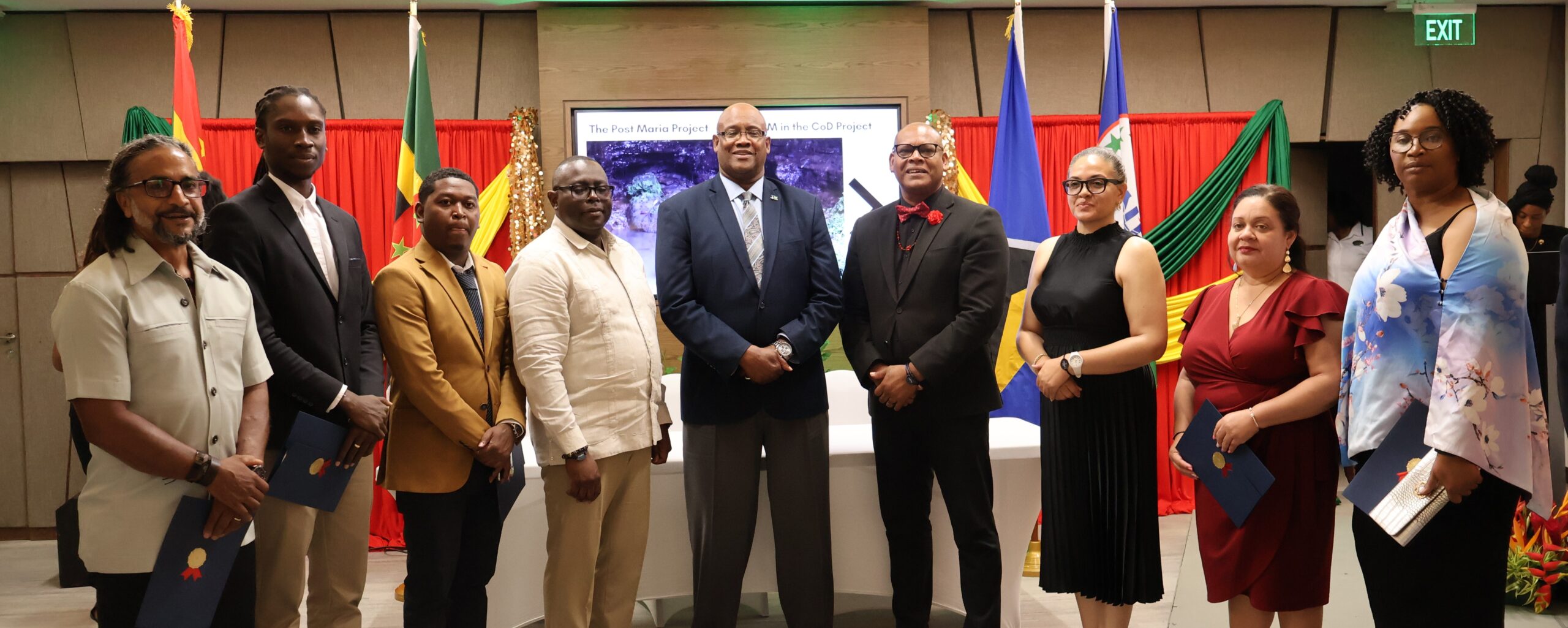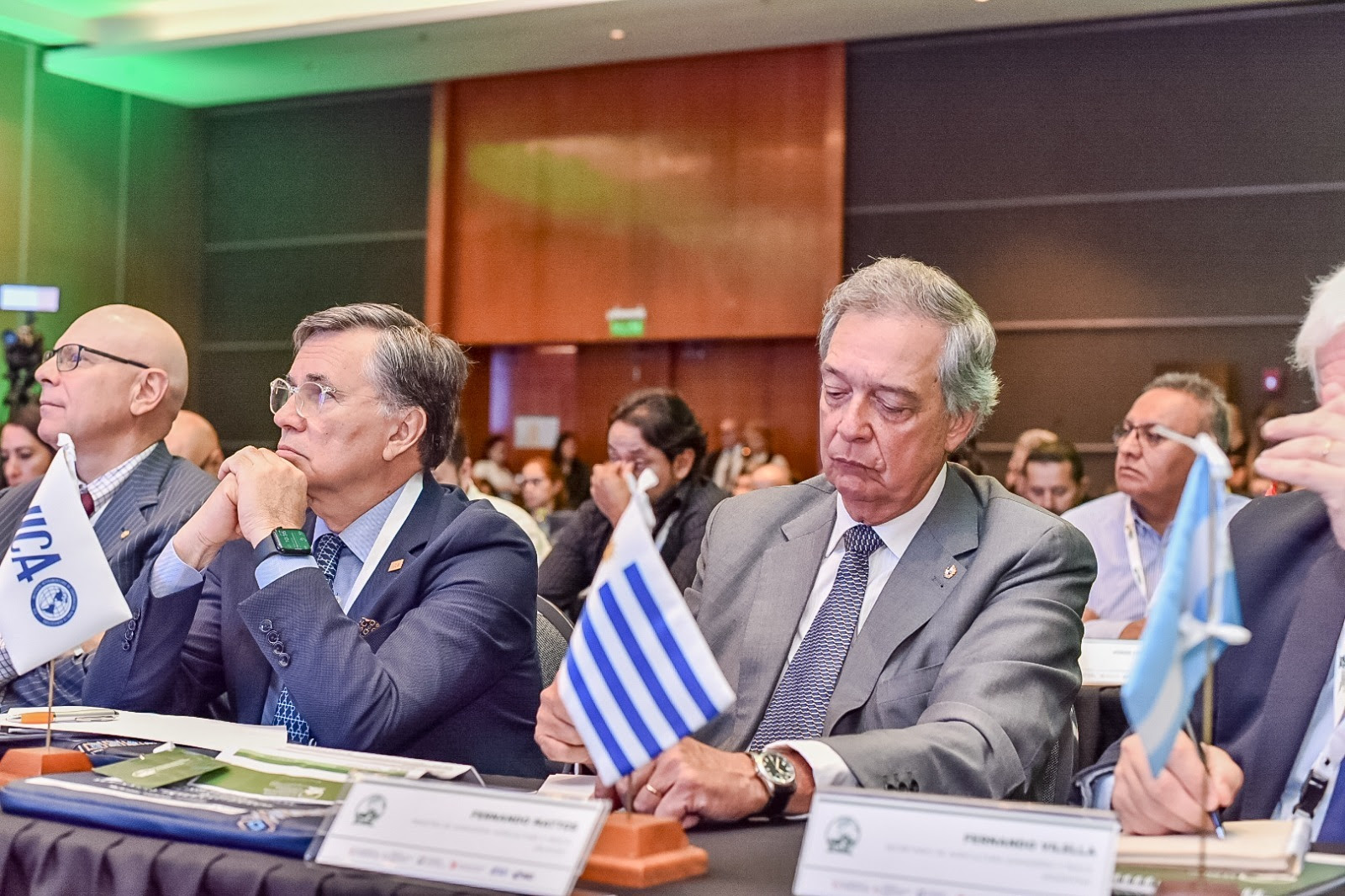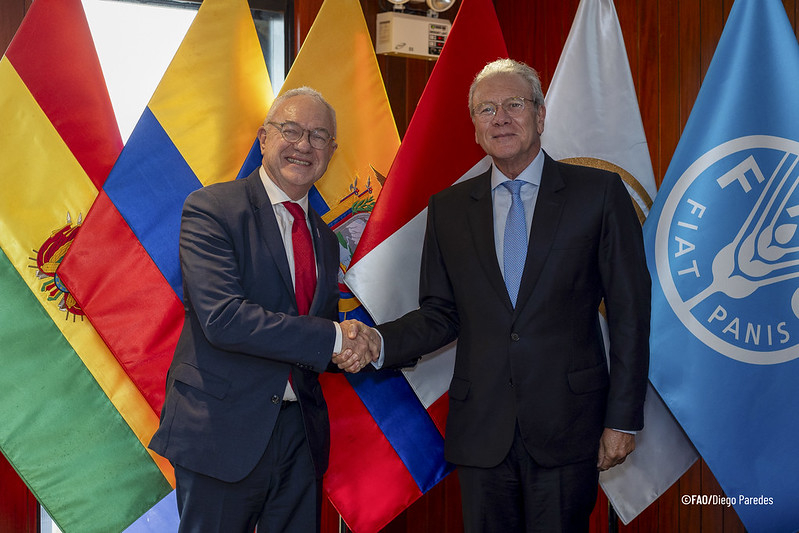Top fisheries scientists from across the Caribbean gathered earlier this month to assess the state of fisheries in the region, with a particular focus on fish stock status.
The discussions were part of the 8th session of the Scientific Advisory Group (SAG) of the Western Central Atlantic Fishery Commission (WECAFC), which was held in Merida, Mexico.
During the two-day event, the scientists reviewed the main fish stocks in the region and provided scientific advice to WECAFC and its Working Groups. Although uncertainty of stock status of different species remains relatively high due to the lack of formal assessments for most of the region, there has been some improvement in coverage of species/species groups assessed and also on the status of resources, in comparison to the last assessment in 2013. Still, 54 percent of species or species groups were considered overfished or over-to-fully fished.
The experts also gave specific attention to a review of a range of fisheries management recommendations and resolutions that have been prepared by working groups of WECAFC and partner agencies.
Recommendations reviewed focused on illegal, unreported, and unregulated (IUU) fishing, billfish fisheries management and conservation, sharks and rays fisheries management and conservation and the sustainable use of Fish Aggregating Devices (FADs).
Resolutions included the Interim Coordination Mechanism for Sustainable Fisheries, which is a formalized collaboration between the Caribbean Regional Fisheries Mechanism (CRFM), Central America Fisheries and Aquaculture Organization (OSPESCA) and WECAFC.
Another key resolution focused on the institutionalization within WECAFC, of the Caribbean and North Brazil Shelf Large Marine Ecosystems (CLME+) Project reporting mechanism titled “State of the Marine Ecosystems and associated Economies in the Caribbean and north Brazil shelf large marine ecosystems (SOMEE)”. This resolution supports on-going efforts to strengthen data collection in WECAFC countries through the creation of a regional database which will allow countries to share their information, a requirement to improve the assessment of fish stocks status and management of the related fisheries.
The review and endorsement by the SAG presents a scientific clearance to forward these recommendations and resolutions to the 17th session of WECAFC, scheduled to be held in USA in the 2nd half of 2018, for region-wide approval and implementation by the 34 member states of WECAFC. Their eventual adoption by the Commission would represent a significant step towards the creation of a Regional Fishery Management Organization.
The SAG also reviewed the Terms of References of the eleven joint working groups and advised on inclusion of emerging issues and priorities in their work plans for the coming years. The SAG meeting benefited from the participation of key partner agencies, such as CRFM, OSPESCA, CLME+ project, the Gulf and Caribbean Fisheries Institute (GFCI), the Caribbean Network of Fisherfolk Organizations, the French Research Institute for Exploitation of the Sea (IFREMER) and the National Oceanic and Atmospheric Administration (NOAA).
Raymon van Anrooy announced that the 8th SAG session was his last meeting as Secretary of WECAFC. He thanked the scientists for their excellent scientific advice provided to the Commission over the last few years. He also thanked the partner agencies for their support and encouraged the WECAFC and its SAG to continue their important contributions to the sustainability of the fisheries stocks and fisherfolk livelihoods in the region.




